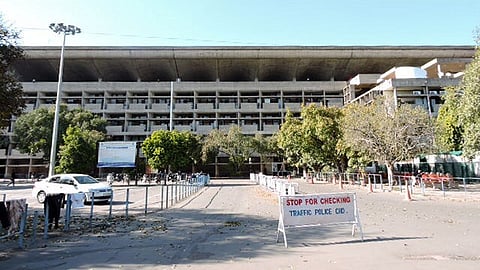In their defense, the couple claimed that the unsuccessful sterilization had impacted their lives significantly. Sharda Rani, they claimed, was shamed by society and had her reputation questioned, while the family also suffered unexpected emotional and financial stress from having an extra child. They argued that the experience constituted a violation of trust in the healthcare system.
Justice Nidhi Gupta, who presided over the case, observed that the plaintiffs had not shown complete adherence to the doctor's instructions after surgery. In particular, they could not present evidence of semen testing three months after the vasectomy—a crucial step in ascertaining the success of the procedure. She noted that vasectomy failure is statistically infrequent, ranging generally from 0.3% to 9%, and being within that narrow range does not in itself create liability or fault on the part of the medical staff.
Speaking about the argument that Sharda Rani had to endure social stigma, the Court said that it was baseless because it had been medically and factually ascertained that the child had been fathered by Ram Singh. Furthermore, the Court distinguished this case from State of Haryana vs. Santra (2000), where negligence was evident due to incomplete sterilisation (only one fallopian tube was operated on). That case, Justice Gupta clarified, involved a clearly deficient medical procedure, which was not comparable to the current case involving a properly performed vasectomy.
Reaffirming its previous rulings of the Supreme Court like State of Punjab vs. Shiv Ram and Civil Hospital vs. Manjit Singh, the Court ruled that natural failure of sterilization, in the absence of negligence, cannot form the basis of compensation. More importantly, the moment a couple is aware that they are pregnant and yet they opt to continue with the pregnancy, the child can no longer be termed "unwanted" for legal purposes.
Through this examination, the High Court maintained the appeal by the State of Haryana, reversing the 2001 compensation award. The initial dismissal of the couple's suit by the trial court was affirmed, in effect withholding any monetary remedy to the plaintiffs.
(Input from various sources)
(Rehash/Sai Sindhuja K/MSM)


